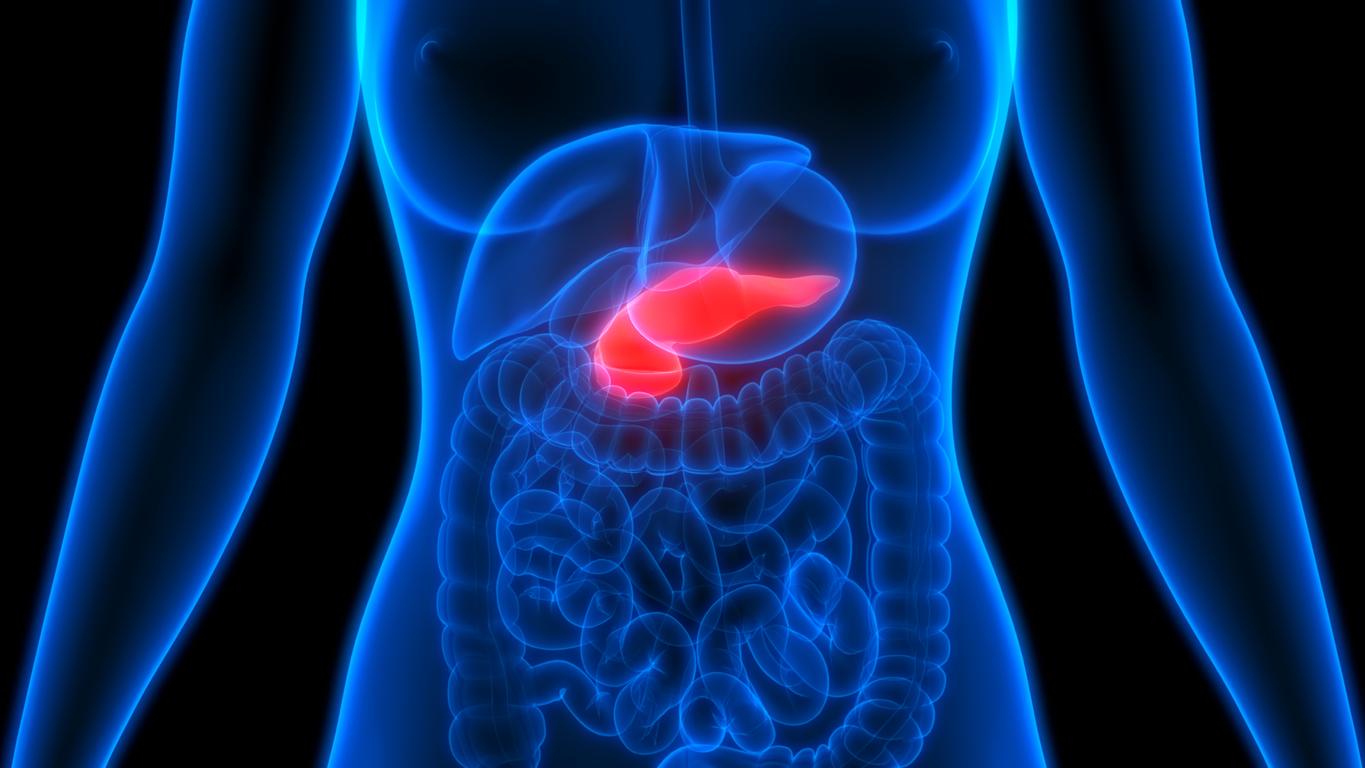A new potential treatment for heart failure following myocardial infarction was the subject of a study presented at the congress of the European Society of Cardiology. A drug candidate that removes the limits of other molecules linked to a too great drop in blood pressure.

- Heart failure after a heart attack impacts the vital prognosis
- The effectiveness of existing treatments is limited by their effect on blood pressure
After a myocardial infarction, a first episode of heart failure can impact the vital prognosis by increasing the risk of death by up to 50% at 5 years. The problem being that one of the deleterious consequences of the infarction is precisely the dilation of the left ventricle with a degradation of the ventricular ejection fraction – that which ensures the “pump” function of the heart -, itself a cause of insufficiency cardiac. A hope of breaking out of this vicious circle has just been presented at the 2021 congress of the European Society of Cardiology (ESC) with the Quorum study which highlights the efficacy and good tolerance of the firibastat molecule in the management of heart failure after infarction.
Quorum is a phase II randomized double-blind study based on 295 patients recruited within 23 hours after a first myocardial infarction. It made it possible to compare the efficacy and tolerance of firibastat with a reference treatment – ramipril – in the prevention of left ventricular dysfunction after infarction. After 12 weeks of treatment, the three groups -firibastat 100mg, firibastat 500mg and ramipril 5mg- did not show any significant differences in efficacy, except for a greater benefit of the new molecule for severe patients. “Across the entire population studied, firibastat at 100 or 500mg did not demonstrate superiority over ramipril”, underlines Professor Gilles Montalescot, head of the cardiology department at Pitié-Salpétrière who led this study. study.
Greater improvement in blood pressure profile
But where the firibastat molecule brings a real improvement in the management of severe patients, it is by the nature of its action on blood pressure, a limiting factor in the use of high doses to treat heart failure: these doses can in fact lead to too great a drop in blood pressure, which does not occur with firibastat. However, reaching the target dose is particularly important in terms of efficacy in severe patients.
A particularity linked to the nature of this molecule based on the mechanism of inhibition of cerebral Aminopeptidase A (BAPAI), an innovative approach which directly targets the brain and on which the biopharmaceutical company Quantum Genomics relies to develop new treatments complicated and resistant hypertension. Firibastat thus acts by releasing in the brain a specific and selective inhibitor of Aminopeptidase A and prevents the production of angiotensin in the brain.
Following the presentation of the Qorum study, the objective is now to move on to phase 3 of the development of this drug candidate. “We expect even more benefit from it in high-risk patients and even more ease in treating them”, specifies Professor Montalescot.
.
















